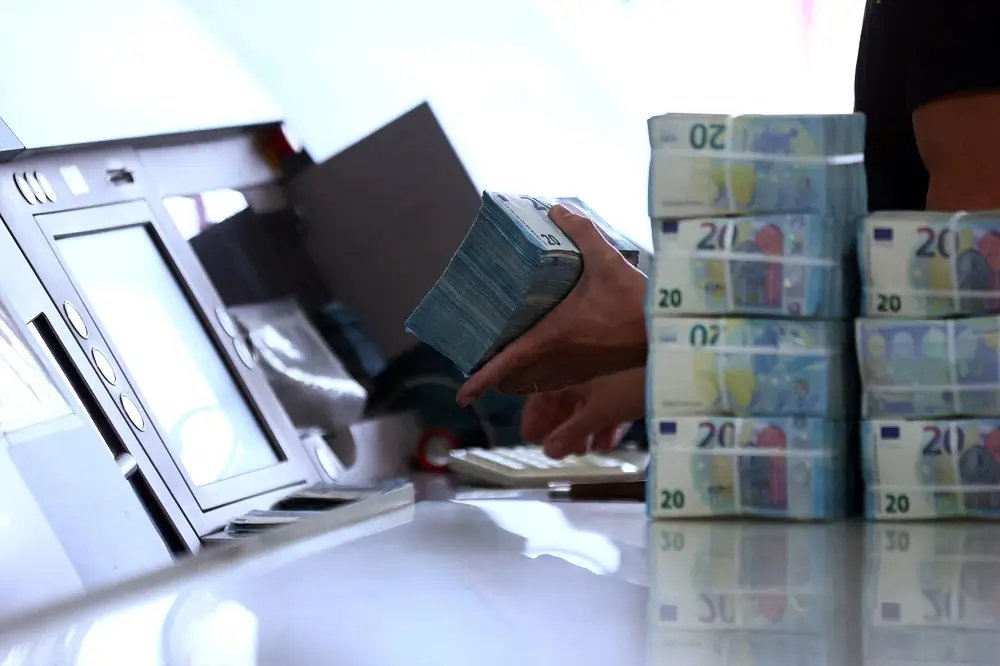Even in the euro zone, king cash is about to lose its throne
Published by Jessica Weisman-Pitts
Posted on December 19, 2024
2 min readLast updated: January 28, 2026

Published by Jessica Weisman-Pitts
Posted on December 19, 2024
2 min readLast updated: January 28, 2026

By Francesco Canepa
FRANKFURT (Reuters) – Cash is close to losing its status as the main means of payment in the euro zone, traditionally one of the most resistant corners of the developed world to the rise of electronic payments, European Central Bank data showed on Thursday.
An ECB biennial Study on the Payment Attitudes of Consumers in the Euro area (SPACE) showed that cash now accounted for just over half of all transactions in the bloc at 52%, down from 59% in 2022. Its share had been as high as 79% in 2016.
Card payments continued to gain ground, rising from 34% to 39% in the last two years. Mobile payments’ quota doubled to 6%.
The results will likely strengthen an argument inside the ECB that it needs to introduce a digital euro, practically an electronic wallet with the central bank, to ensure residents have access to a risk-free means of payment even in a cash-free world.
“By supporting both cash and the development of a digital euro, we want to guarantee people can always choose to pay with public money, now and in the future,” ECB board member Piero Cipollone said.
Cards have long overtaken cash as the dominant means of payment in terms of value, accounting for 45% of all euros exchanged in the latest survey compared to cash at 39%.
Meanwhile, in European Union member Sweden, where electronic payments are most prevalent, authorities are worried about what might happen if those channels were disrupted.
In a brochure entitled “If there is a crisis or a war”, Sweden recommends that people keep enough cash on hand to last a week.
The country’s central bank has called on the government to force businesses selling essential goods such as prescription medicines, food and fuel, to accept cash and to strengthen cyber-security measures in the financial system.
With most banks no longer offering cash services at their branches, the central bank has also opened a number of cash depots to ensure access to cash across the whole country.
(Additional reporting by Simon Johnson in Stockholm; Editing by Emelia Sithole-Matarise)
Electronic payments refer to transactions made through digital means, such as credit cards, debit cards, and mobile payment apps, rather than using cash.
Cash management involves the collection, handling, and usage of cash, ensuring that a business has enough liquidity to meet its obligations.
The European Central Bank is responsible for managing the euro and formulating monetary policy for the Eurozone, aiming to maintain price stability.
Mobile payments are transactions made using a mobile device, allowing users to pay for goods and services via apps or digital wallets.
Explore more articles in the Finance category
